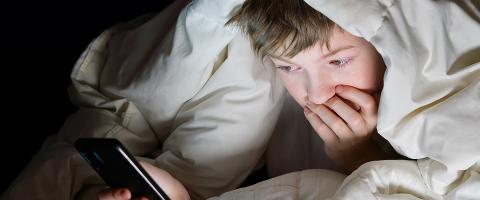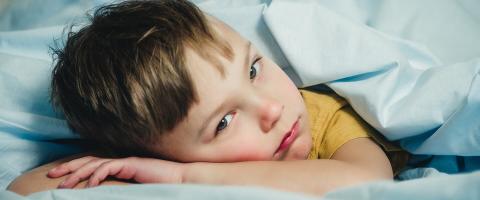
What happens in the brain when we fall asleep? Researchers who study this question hope to understand not only how sleep provides an interval during which the brain can repair and restore itself, but…
Read More

A new study based on data from nearly 1,000 young people, ages 9-13, suggests how the amount of time spent on screens each day—TVs, computers, mobile phones, videogames—impacts depression risk at age…
Read More

For the first time, researchers have obtained evidence establishing a potentially predictive connection between disturbances in sleep and the occurrence of depression and self-harming behaviors in…
Read More
Relation Between Daily Mood and Sleep in Preschool Children Highlights Importance of End-of-Day Mood

Common sense suggests there is a direct relationship between mood and how we sleep. When we are disturbed emotionally, for example, we may expect this to impact our sleep: how long we sleep during…
Read More

Neurons that are activated by the chemical messenger serotonin have a complex relationship to sleep-wake behaviors. That much is clear from past research, although the way the abundant…
Read More


